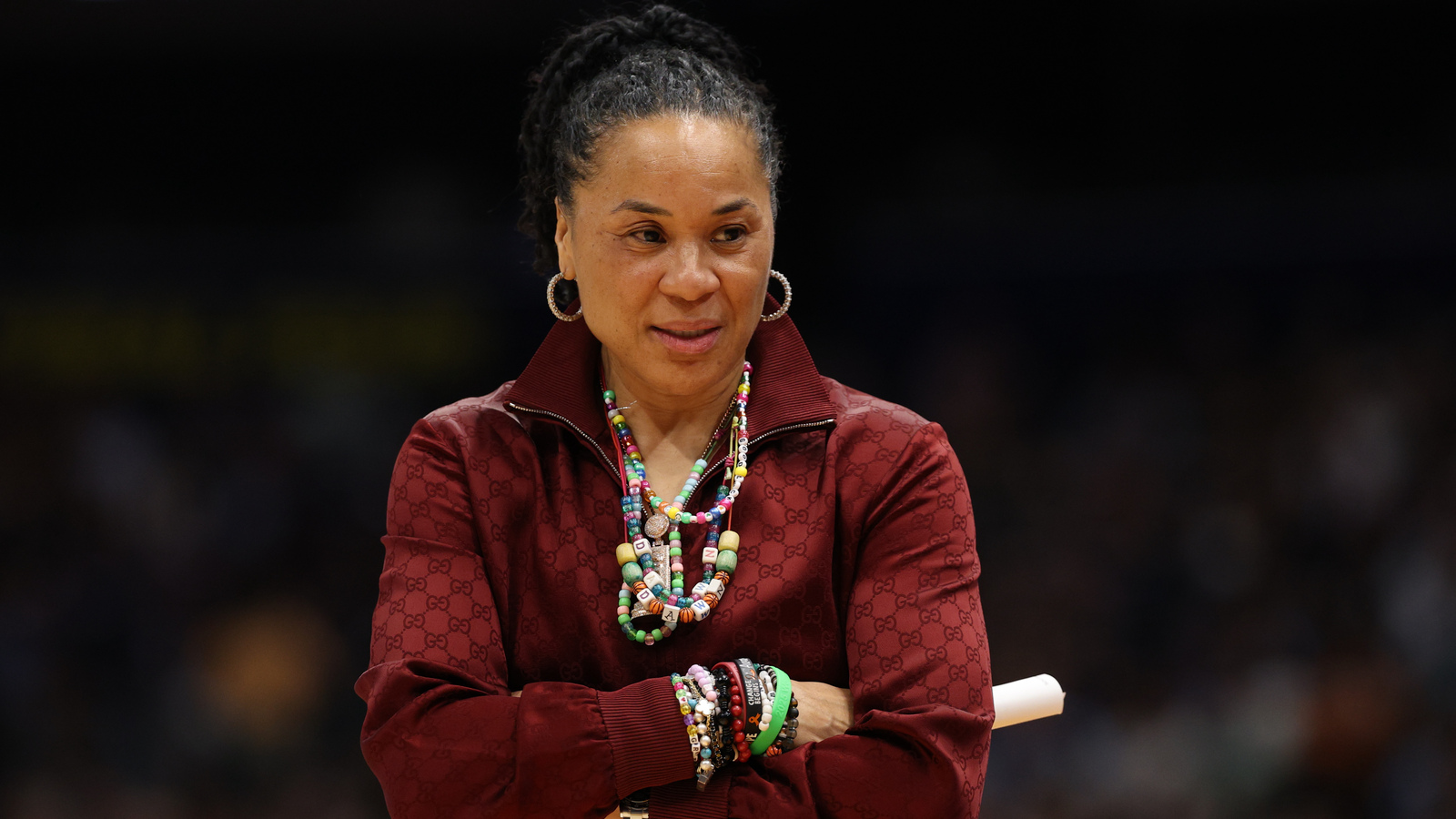Nigeria Economy: AfDB's Plan for Trillion-Dollar Growth
A new report by the African Development Bank says Nigeria can achieve long-term growth and become a trillion-dollar economy if it uses its financial, human, and natural resources more effectively through better governance, investment, and planning.
A statement by AfDB on Saturday said this was the central message of the 2025 Nigeria Country Focus Report, unveiled on Thursday in Abuja.
Titled, “Making Nigeria’s Capital Work Better for Its Development.”
The CFR outlines bold policy recommendations designed to help Nigeria close its $31.5 billion annual financing gap and accelerate economic transformation.
Speaking at the unveiling, AfDB’s Country Manager for Nigeria, Lamin Barrow, said, “Nigeria’s capital, its money, its people, and its natural resources can and must work harder and smarter for national development. This report offers a roadmap to unlock that potential through fiscal reforms, governance improvements, and innovative financing.”
On human capital, the report painted a grim picture: Nigeria scores just 36 per cent on the Human Capital Index, well below the Sub-Saharan average.
“Underinvestment in health and education is limiting productivity.
“Current public spending 7.9 per cent for education and 5.3 per cent for health is too low for a country with a young and rapidly growing population,” Barrow added.
The report mentioned Nigeria’s tax-to-GDP ratio of 13 person cent, one of the lowest in West Africa, as a major constraint on development financing.
“Despite recent reforms, revenue mobilisation is hindered by a large informal sector, weak compliance, and institutional inefficiencies,” the report noted.
The AfDB recommended expanding the tax base, improving compliance, and addressing fiscal leakages to strengthen public investment in health, education, and infrastructure.
The CFR warned that overlapping regulatory mandates and weak institutional frameworks continue to undermine Nigeria’s development financing capacity.
Chief Economist, Kevin Urama, said, “Fragmented oversight and governance gaps have eroded public trust and discouraged investment.
“Institutional reform and rule of law are non-negotiable if Nigeria is to unlock sustainable financing.”
Despite bold reforms such as fuel subsidy removal, exchange rate unification, and tax policy shifts, Nigeria’s growth remains under pressure.
The CFR projected real GDP growth to slow to 3.2 per cent in 2025 and 3.1 per cent in 2026, down from 3.4 per cent in 2024, due to both global and domestic headwinds.
Still, the report insisted that Nigeria was at a turning point.
“With the right policies and strong implementation, Nigeria can not only close its financing gap but build a more resilient, inclusive, and sustainable economy,” said Urama.
The report flags Nigeria’s declining natural capital, which still makes up 37.1 per cent of its capital wealth, but is shrinking due to poor policy and weak environmental management.
“Since 1999, per capita natural capital has declined by 2.1 per cent annually,” the report revealed.
It urged investments in green finance, sustainable agriculture, and the emerging carbon market, estimated to yield up to $2 billion in potential revenue.
To meet its Sustainable Development Goals, Nigeria must leverage alternative financing tools beyond traditional aid and loans.
“Blended finance, diaspora bonds, and fintech are helping to bridge the gap,” the CFR stated.
It also pointed out the role of Naira-denominated infrastructure guarantees in attracting institutional investors.
The Country Focus Reports are AfDB’s annual, country-specific publications that localise insights from the African Economic Outlook. They are data-driven tools for policymakers, development partners, private investors, and researchers.











